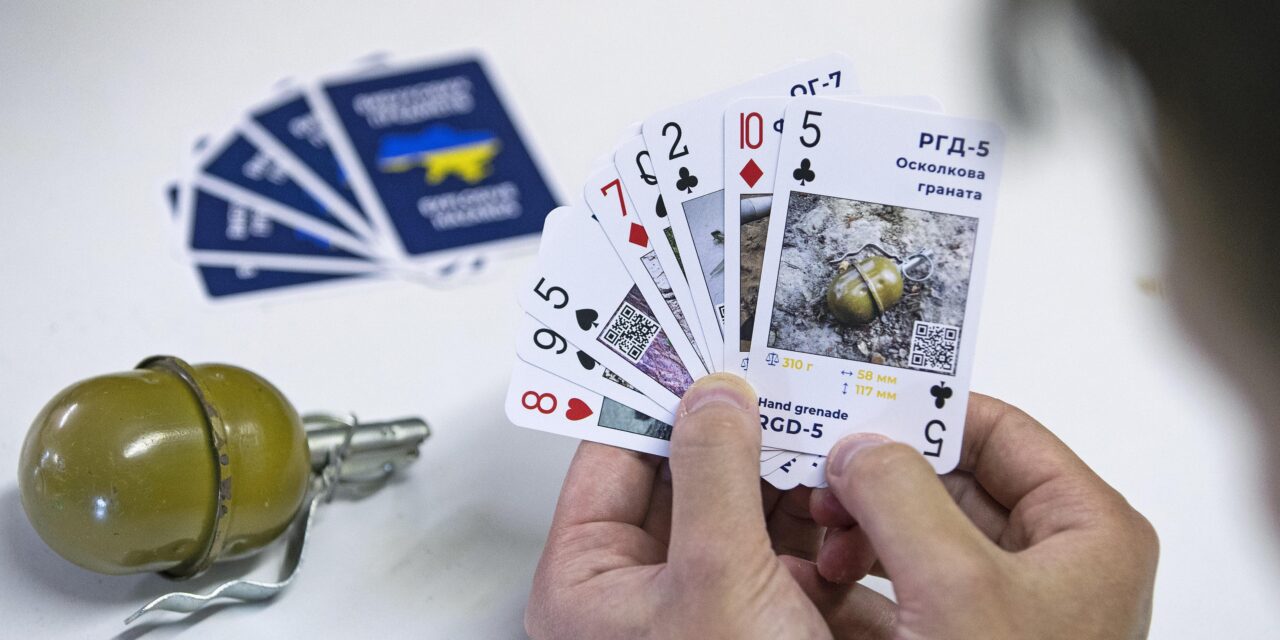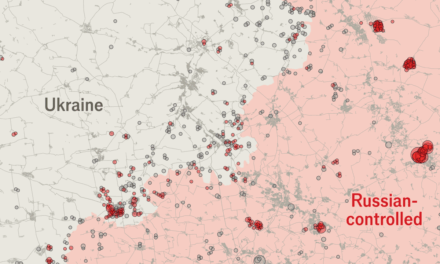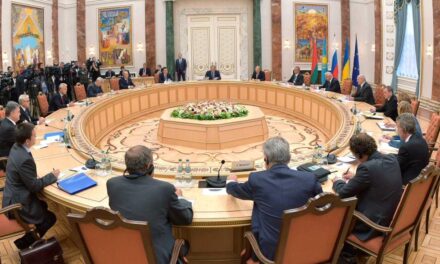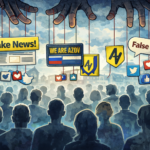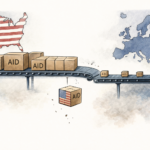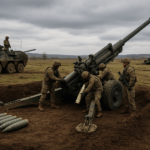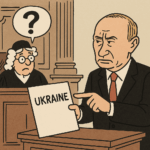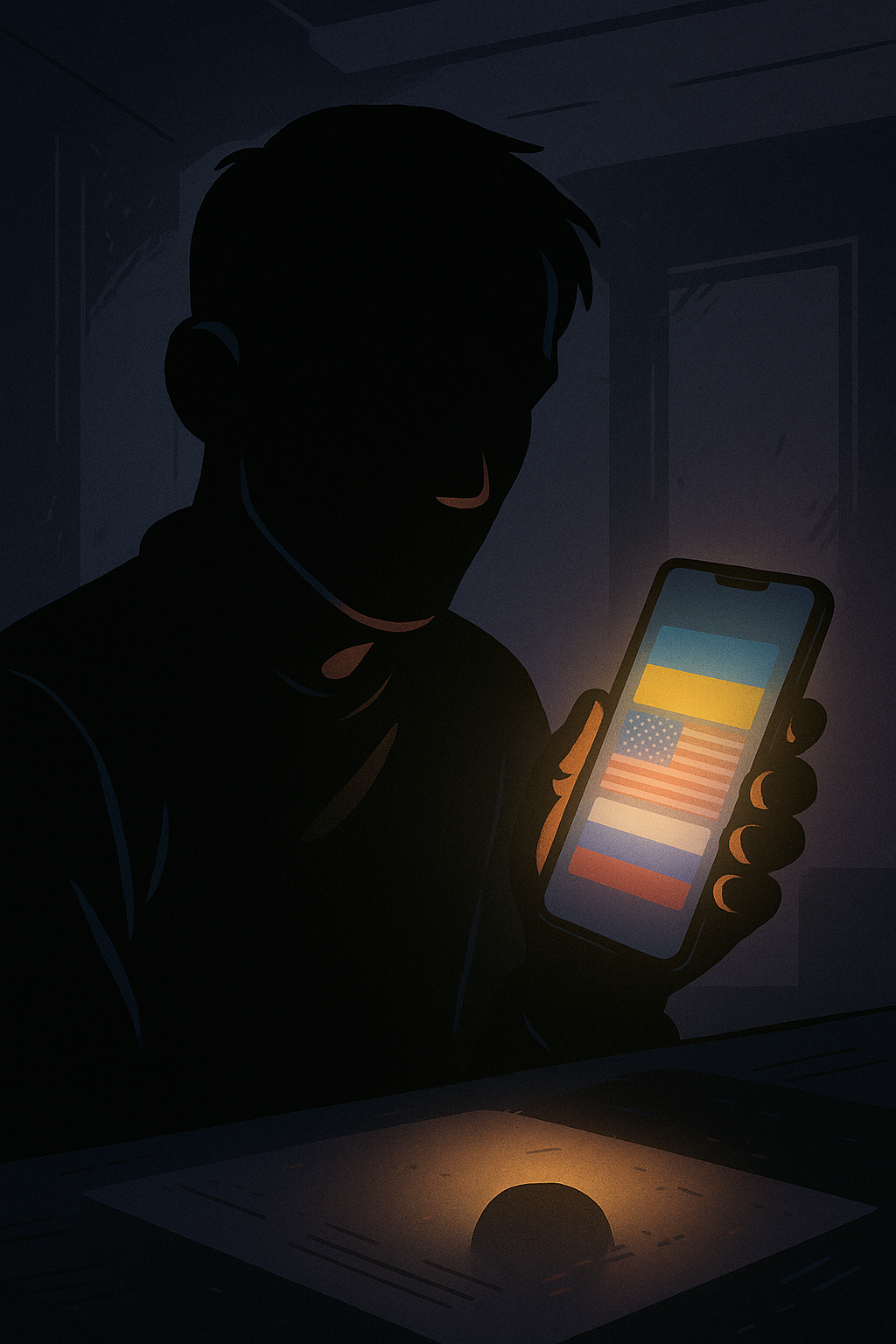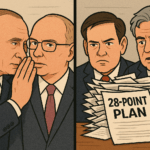Dalibor Rohac argues that Washington’s current approach to the war offers Kyiv a rigged choice: accept a humiliating settlement that serves a U.S.–Russia “reset,” or be cut loose while Washington normalizes with Moscow anyway. That framing, he contends, underrates both Ukraine’s agency and the limits of any American president acting without allied buy-in. Invocations of “another Munich” mislead: unlike interwar Czechoslovakia, Ukraine has already tested and bloodied Russia’s military, proving it is not helpless and does not have to accept a dictated peace. persuasion.community
On strategy, Rohac warns that prolonging a costly war is painful but preferable to a bad deal that amputates territory, blocks Euro-Atlantic integration, and sows a sense of betrayal likely to fuel toxic domestic politics. Europe should not “ease” Ukraine into concessions to please Washington; it should defer to Kyiv’s choices and sustain major financial and military support until a genuine Russian strategic setback is visible—because that outcome best secures Europe’s own eastern flank. aei.org
Politically, he cautions Kyiv against public spats with Donald Trump. If Trump wants a rapprochement with Moscow, let him attempt it without Ukrainian cover—and face U.S. public skepticism of Russia on his own. Kyiv should refuse any lopsided “minerals” arrangement or other extractive bargains that would launder a bad peace. If Washington reduces intelligence sharing, air-defense transfers, or sanctions anyway, Kyiv should not legitimize the turn; allowing it to look like a betrayal makes it easier for future U.S. politics to correct course. persuasion.community
Finally, Rohac stresses Europe’s responsibilities. Ukraine is already acting as a de facto ally by keeping the war off NATO soil and teaching Europeans how to fight a large-scale land war against Russia. NATO membership for Ukraine is not imminent and Article 5 resolve cannot be assumed, so Europeans must build real capabilities at home. The past three years show that even a poorer state, backed modestly, can stop Russia—proof enough for Europe and Ukraine to reject any “fool’s errand” of appeasement.

